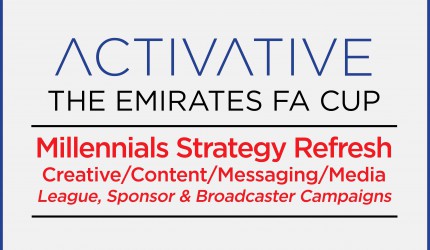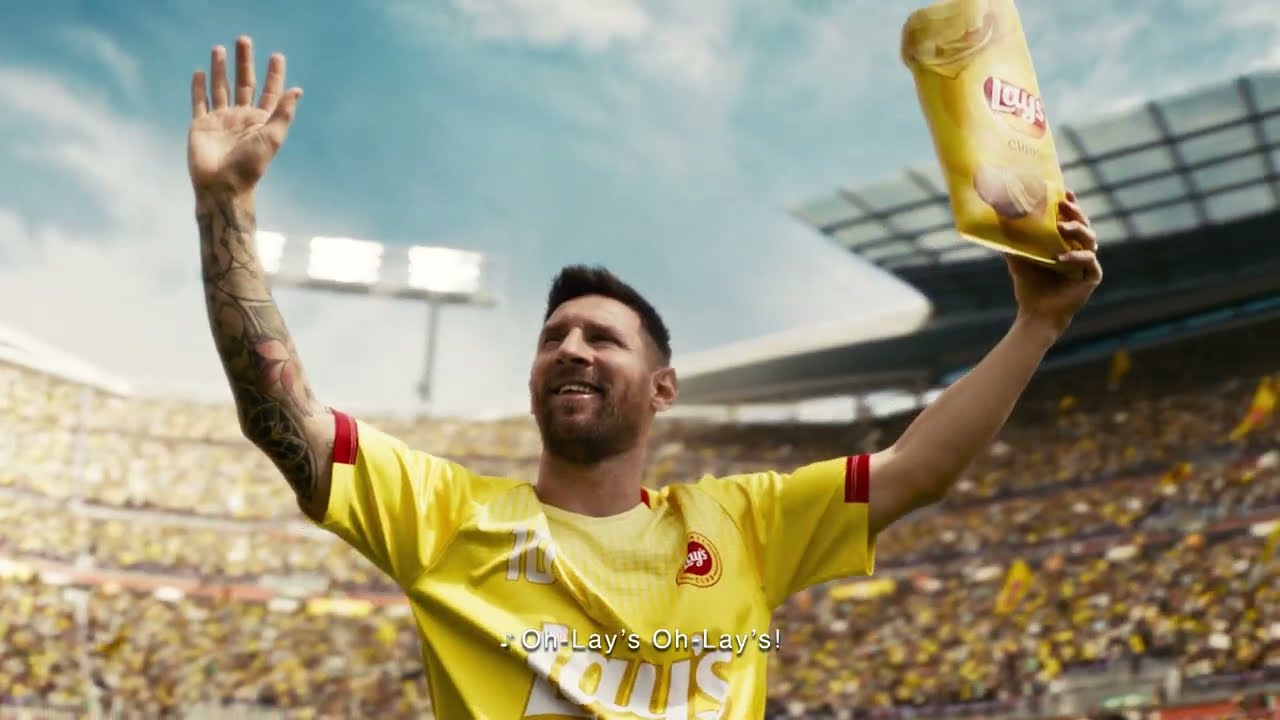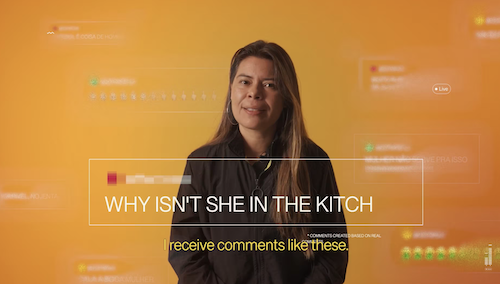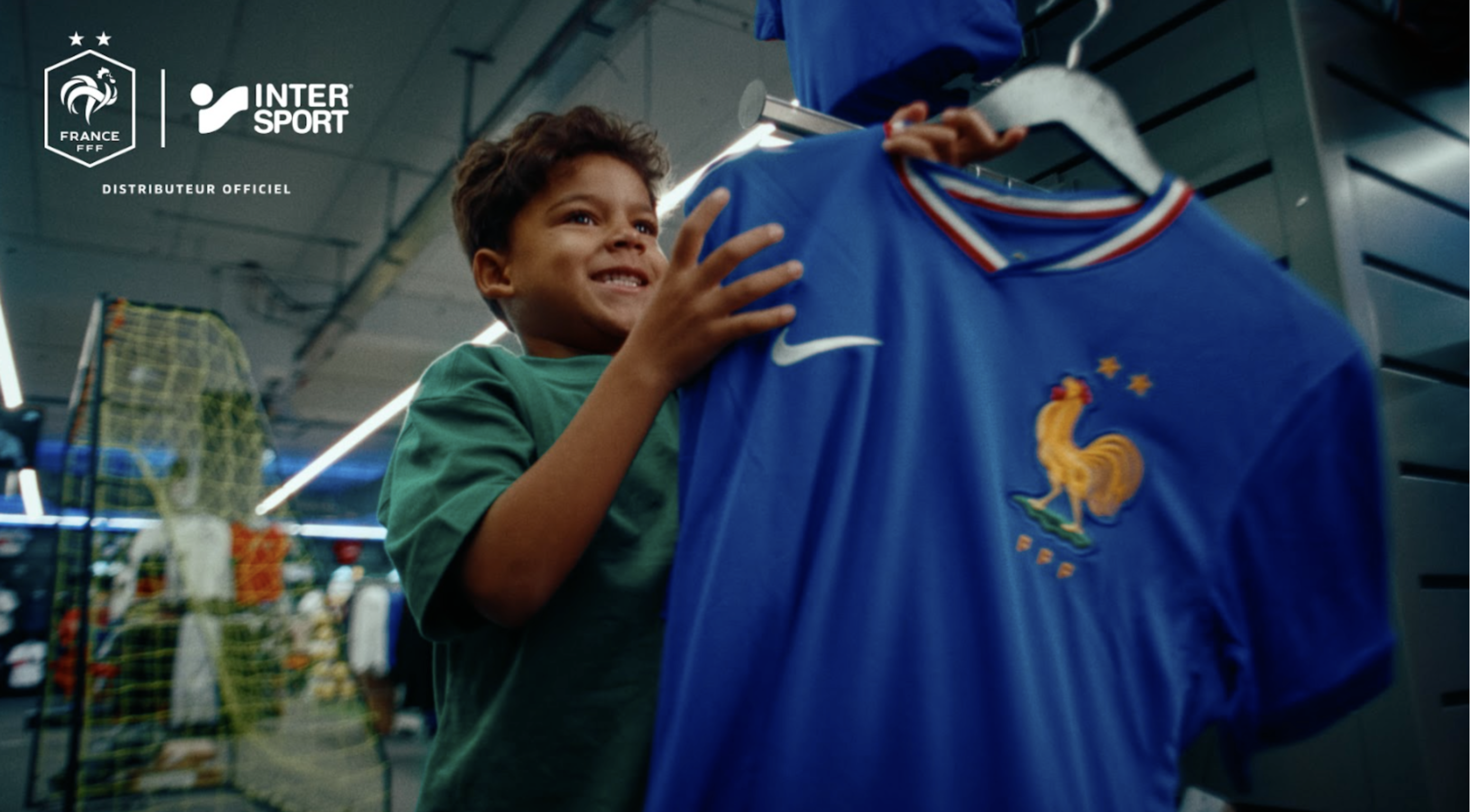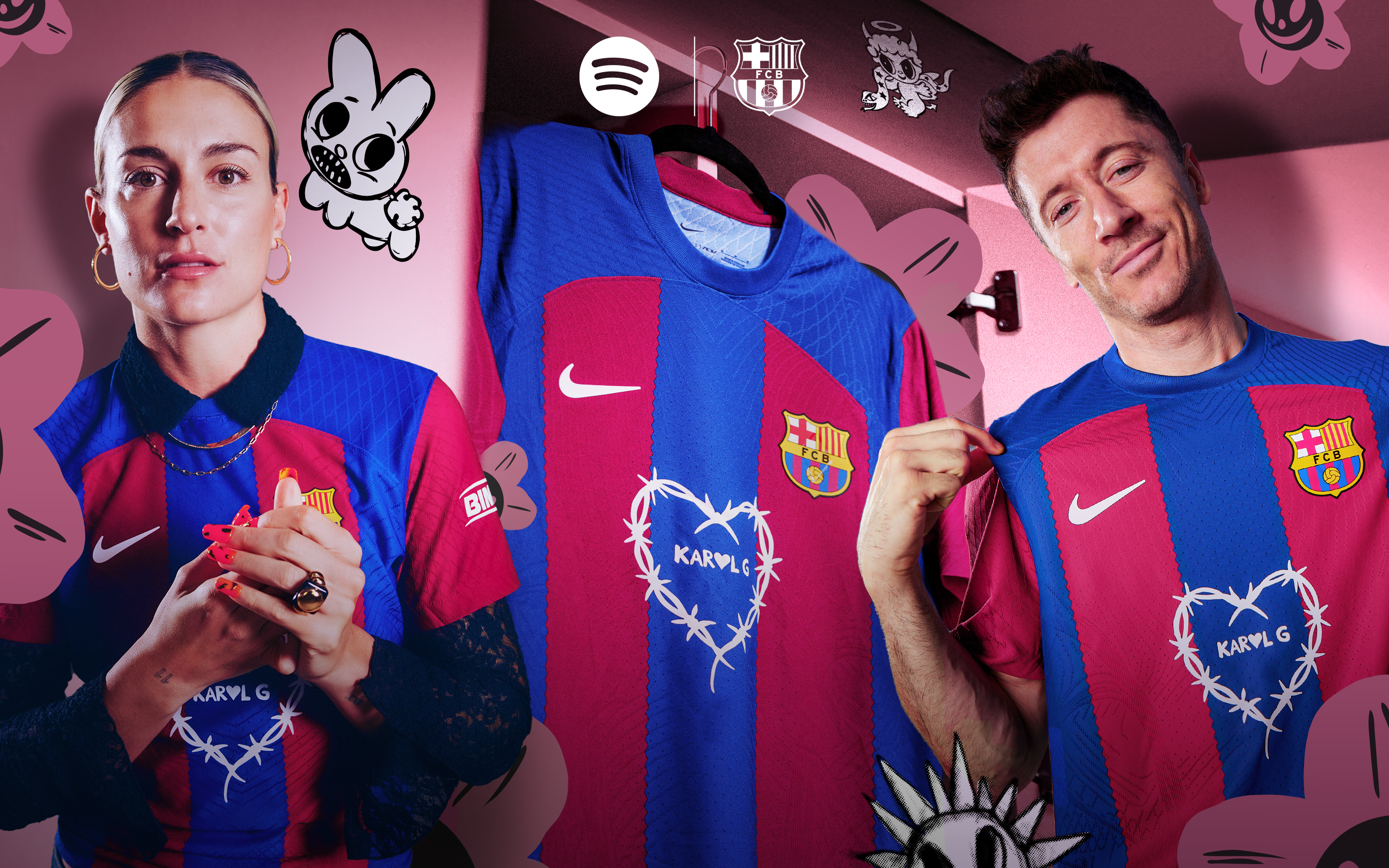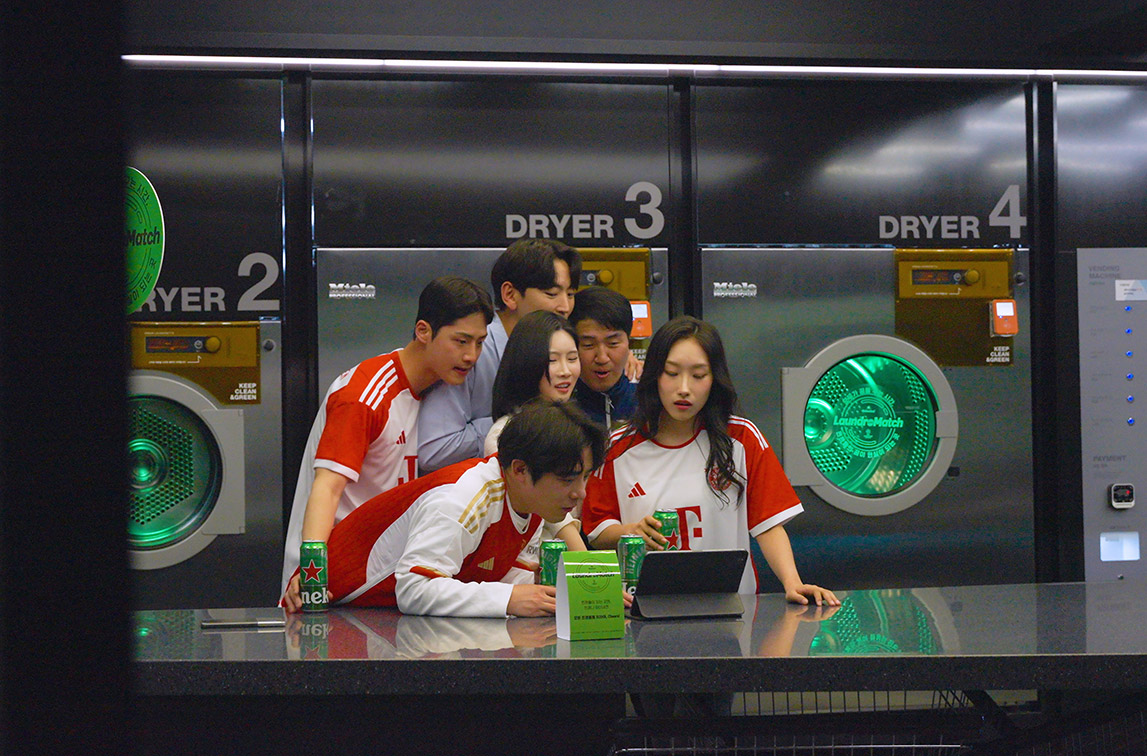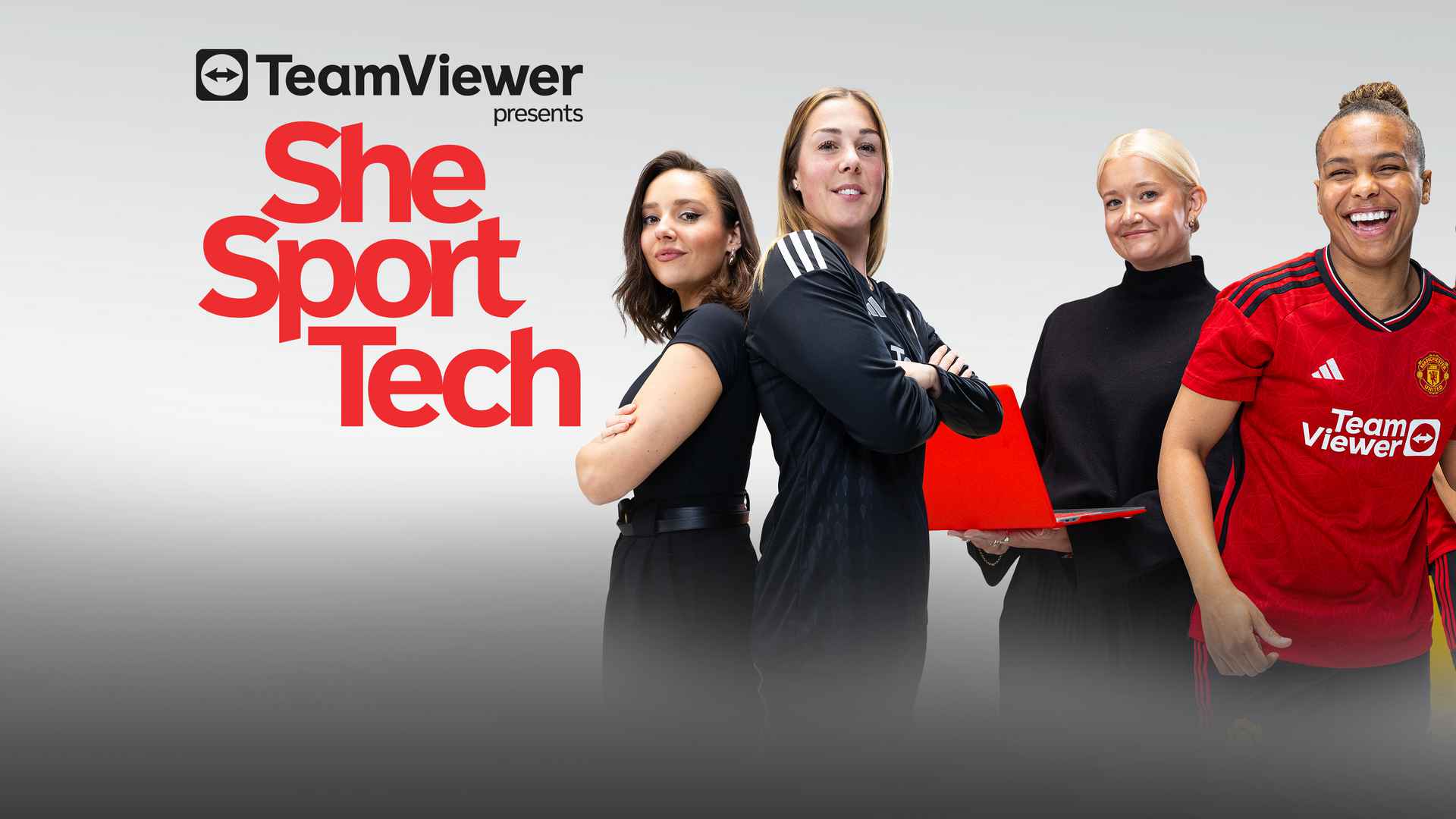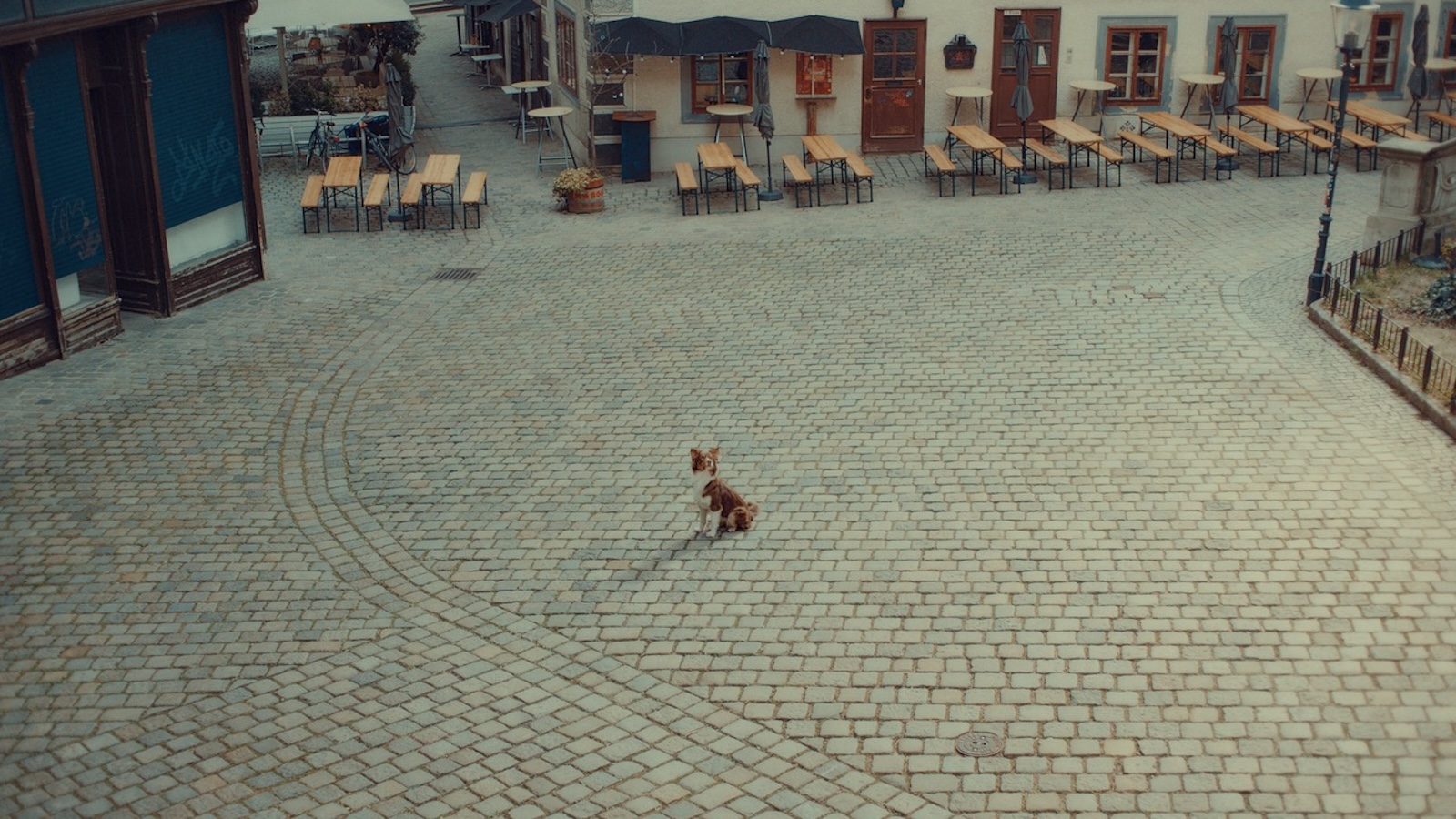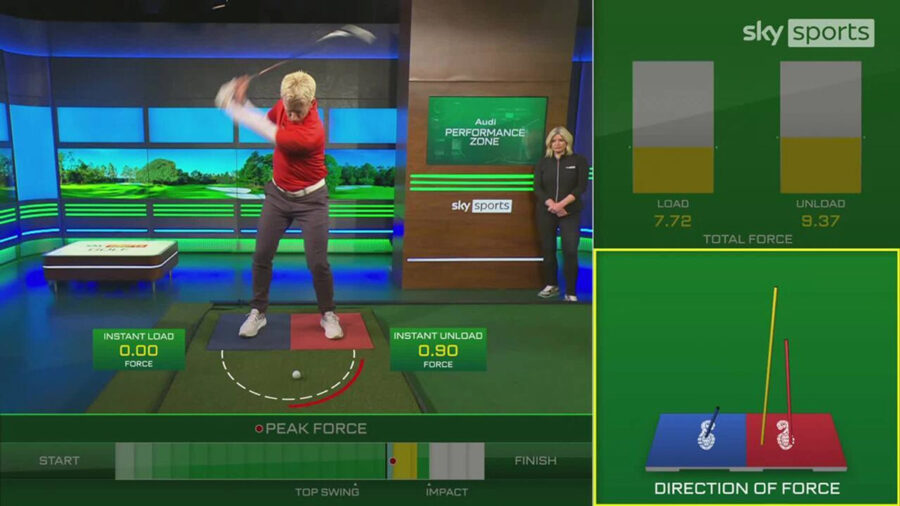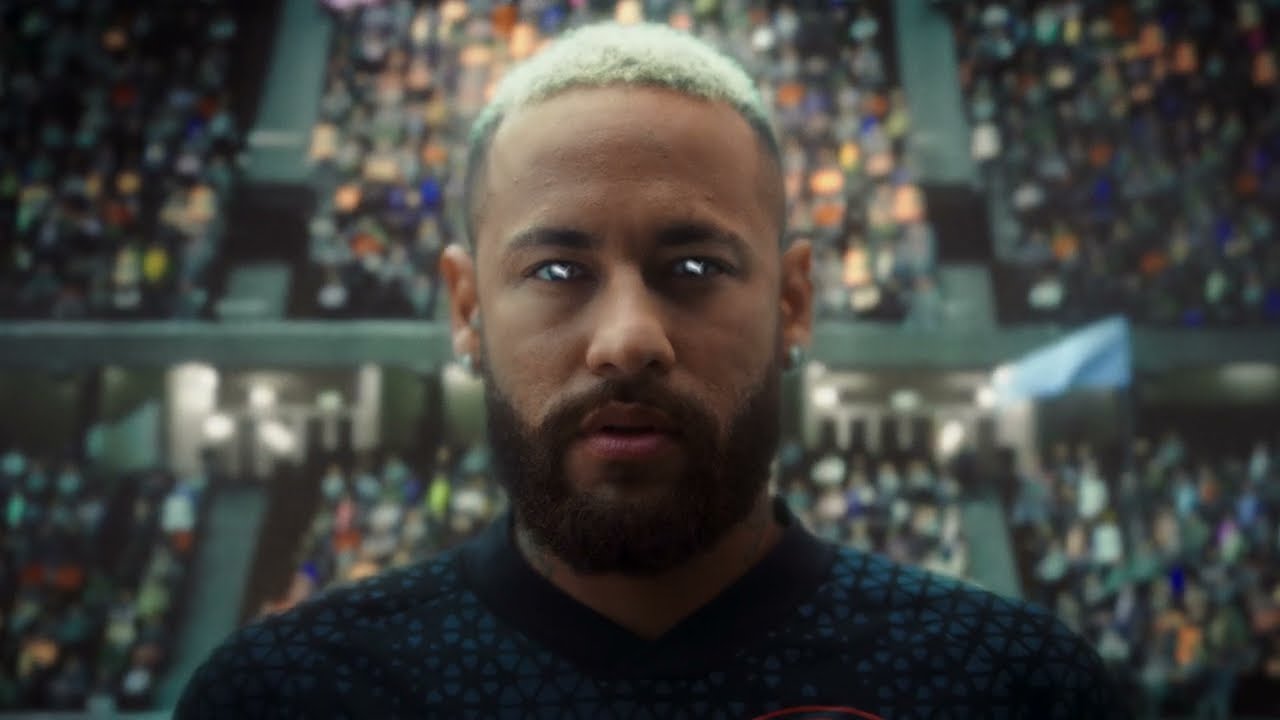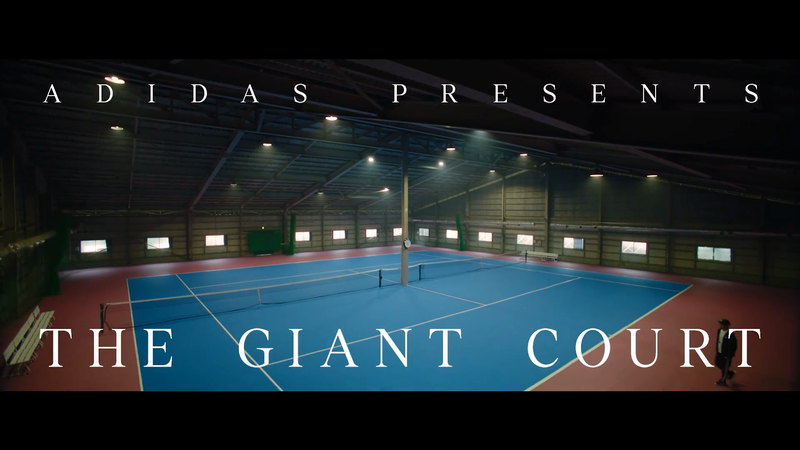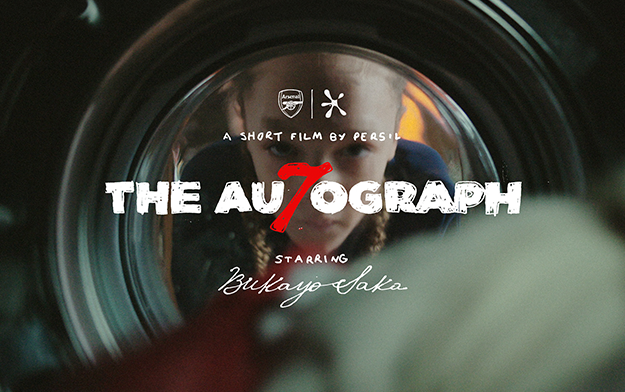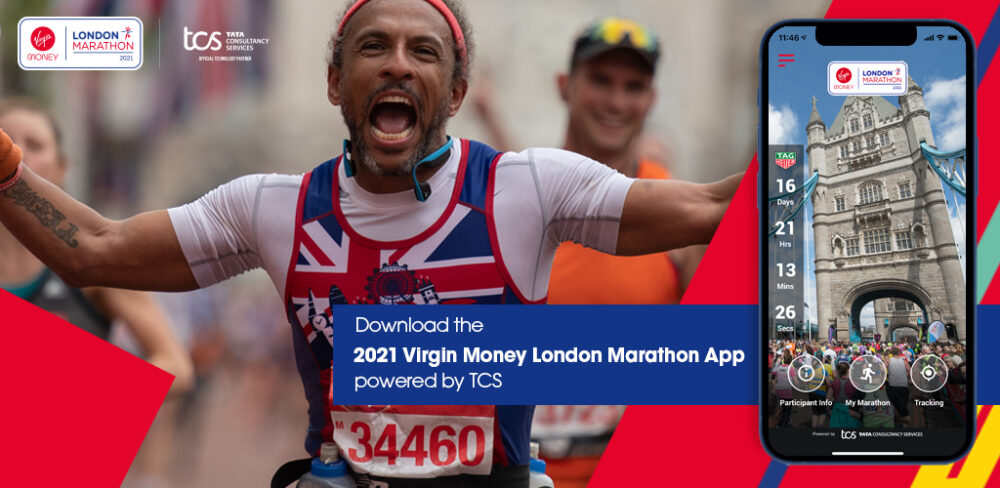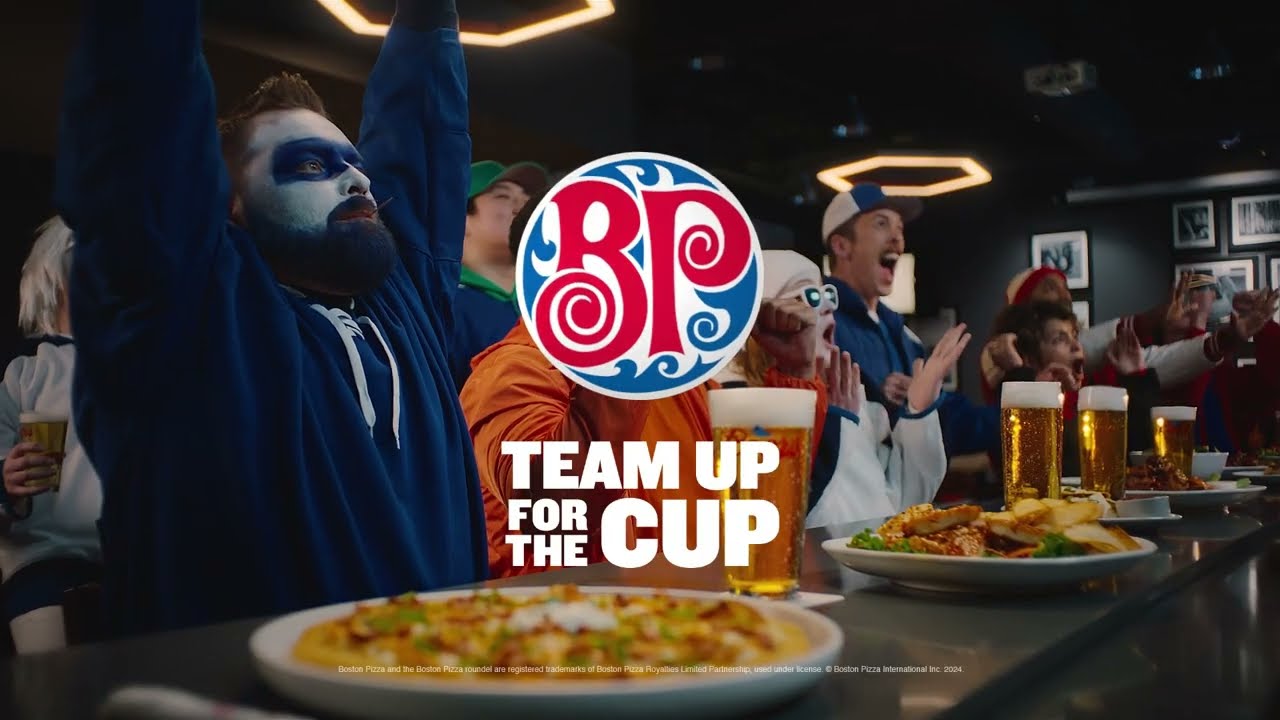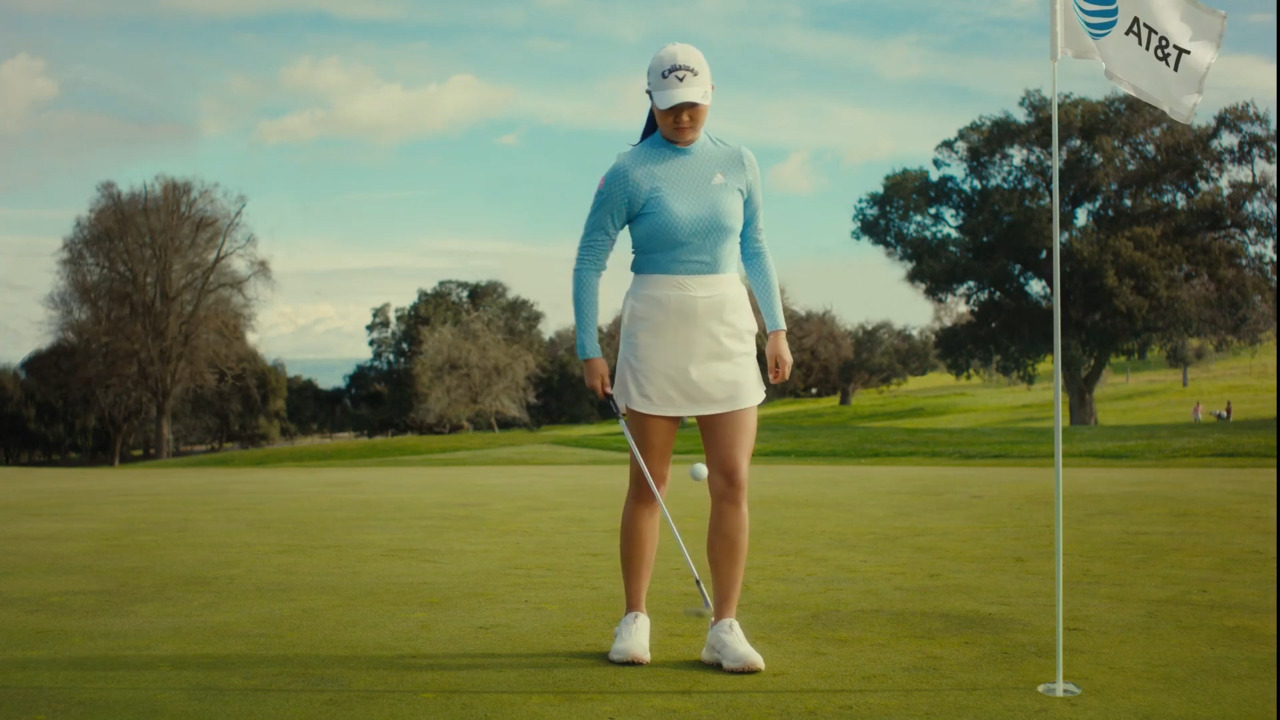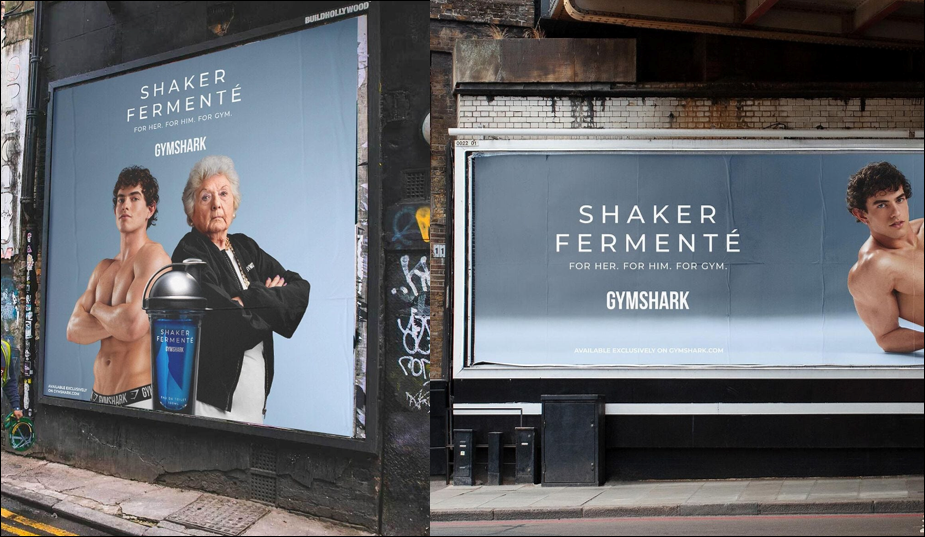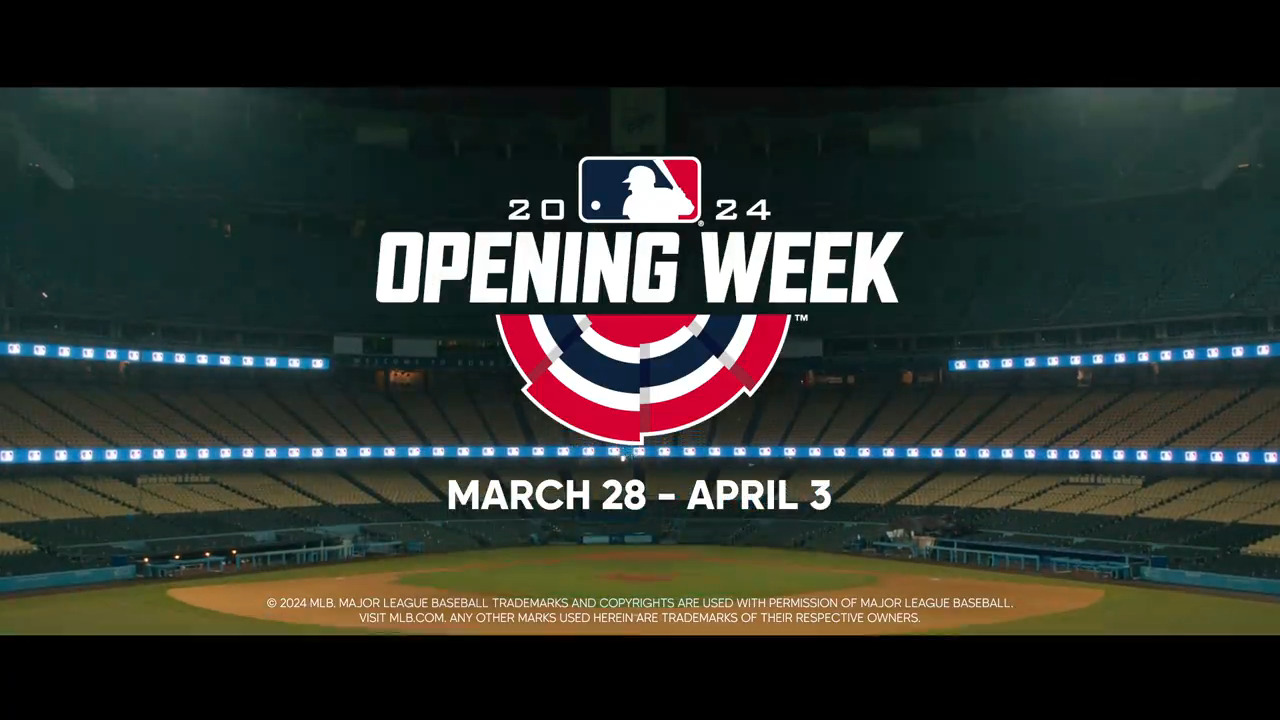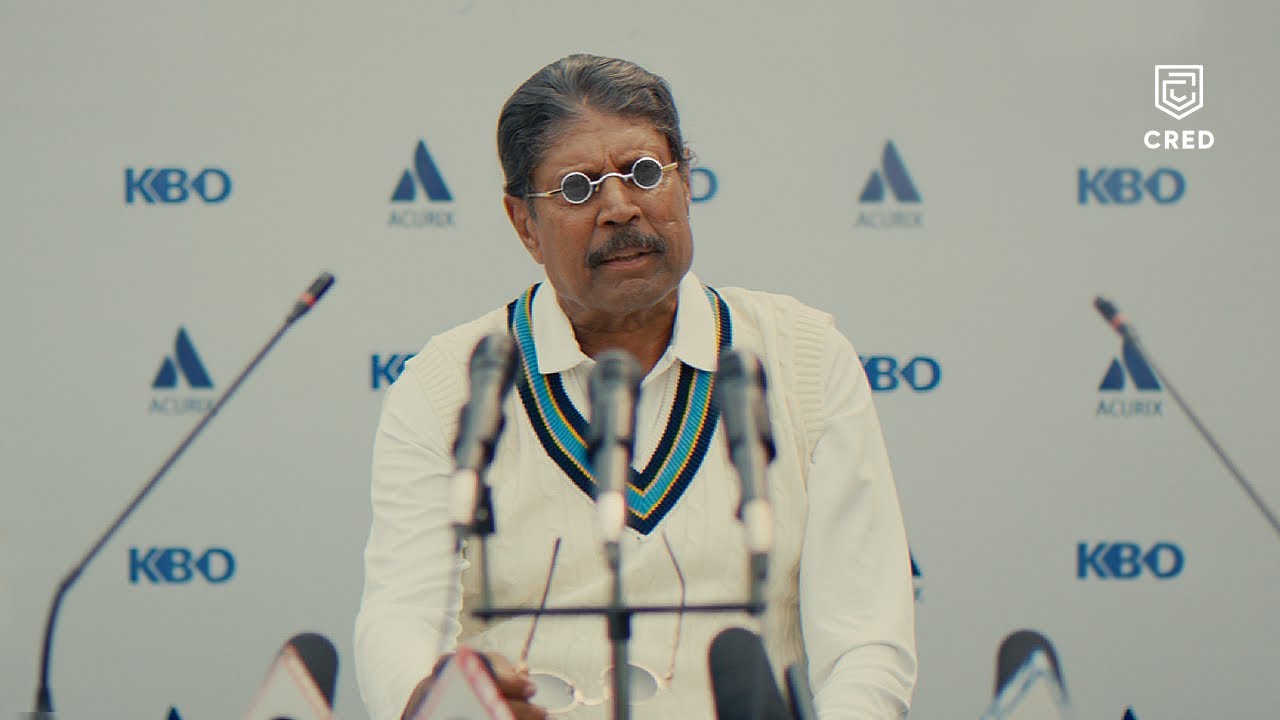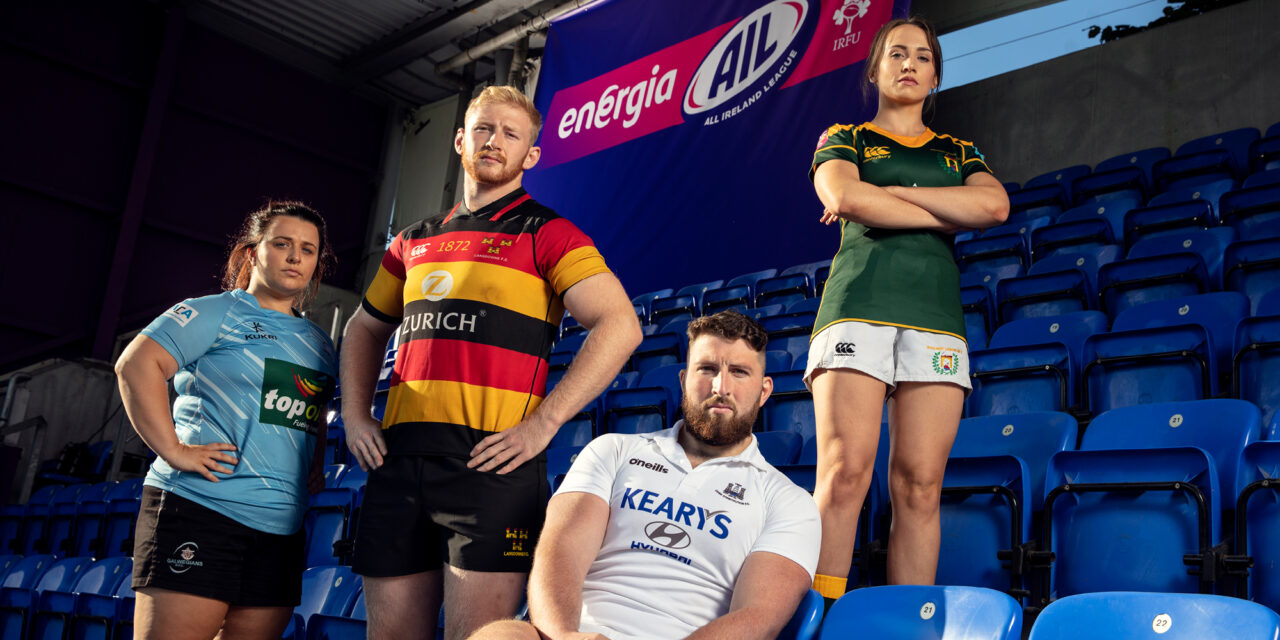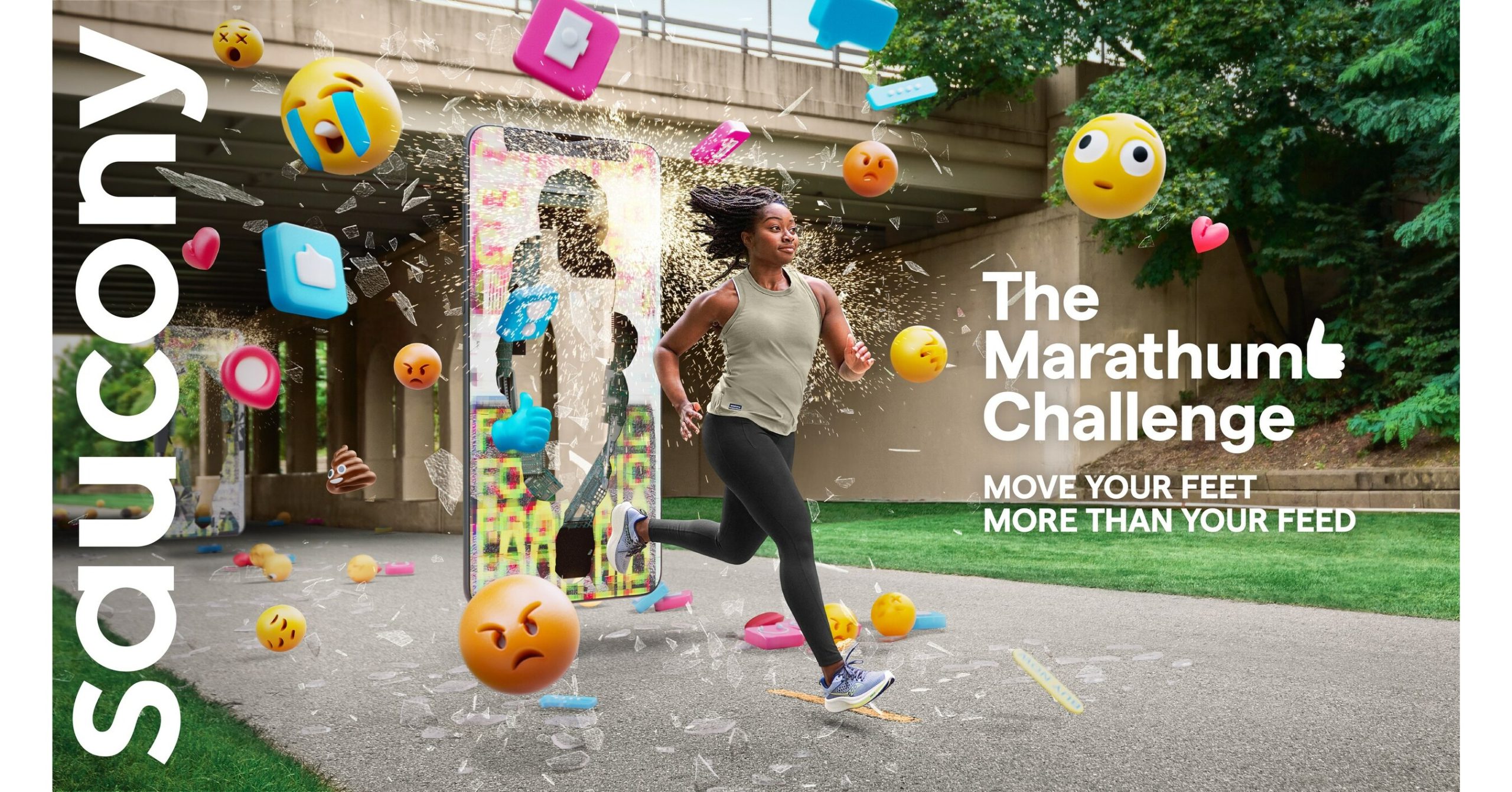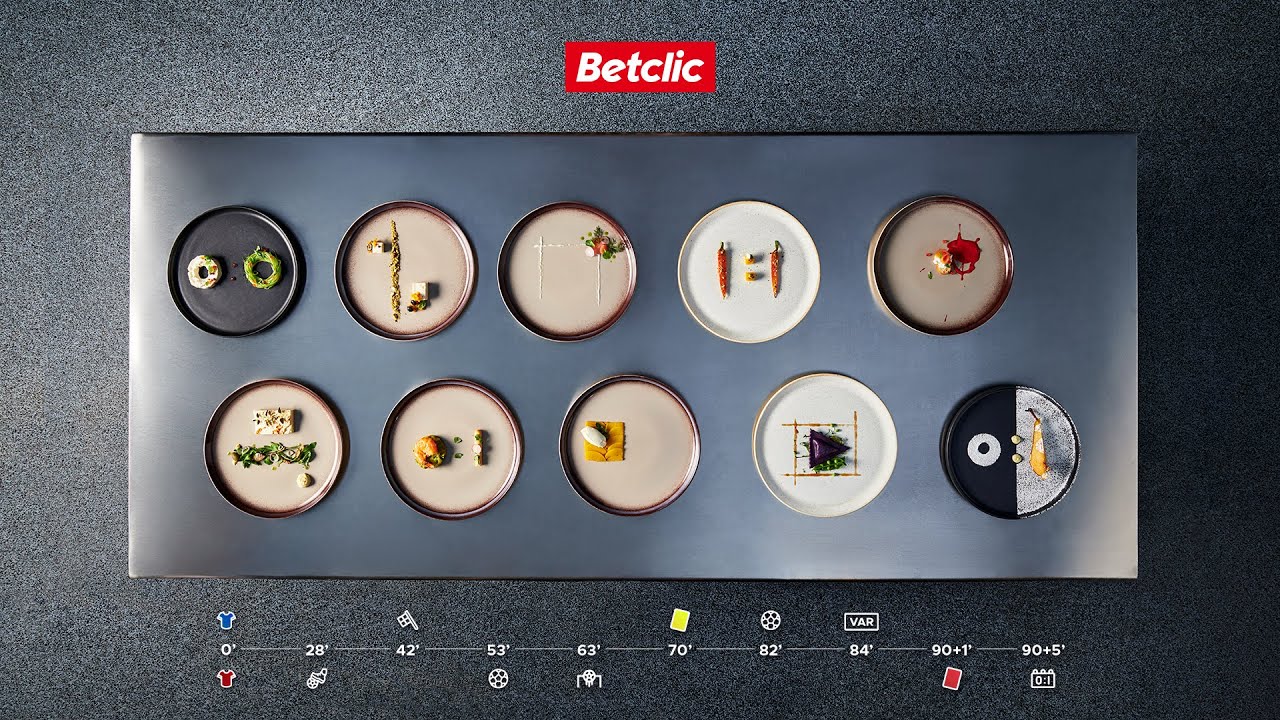As the tournament’s third round got underway in early January, the Football Association unveiled its rebooted marketing approach refocusing the Emirates FA Cup around a younger, more international audience.
With a new tone, the fresh approach focuses on contemporary channels (like Instagram) and more millennial style marketing content (like fan-created online video) sees English football’s governing body aim to stay relevant by building around millennial messaging and media that engages and excites younger demographics in the UK and overseas.
Too many FIFA-playing under-30s simply don’t know about the classic names, teams and terms that refer to the FA Cup’s iconic heritage moments: have they ever heard of Ronnie Radford, or Sutton United’s giant killing heroics and do they know which teams played when ‘The Crazy Gang beat The Culture Club’?
Thus a tournament that has long been built around a century of British tradition, iconic moments and history, is now repositioning around youth and the future and the new strategy is illustrated by The FA’s new ‘Every Game’s An Adventure’ campaign.
Millennial Messages & Media?
‘We have repositioned the brand and changed the communication of our values to better connect to youth,’ outlines The FA Cup’s marketing manager Lucy Roberts-Hartley
‘Instead of using retrospective language like “giant killing” or “history” or “heritage”, we are now all about excitement, risk, and unpredictability,’ she adds.
To reframe the product and pass on the ‘magic of the cup’ to a new generation, the spotlight is shining on themes that have both a younger and a more universal appeal.
The creative content is becoming similarly contemporary too.
At the core of this year’s tournament campaign are a set of FA-commissioned crowd-sourced films for social media that showcase supporters’ stories throughout the tournament’s highs and lows.
Throughout the season, fans are being invited to contribute their experiences by submitting photos and creating films using the #CupStory hashtag.
This campaign thread is being fronted by Game of Thrones star, musician and new director Raleigh Ritchie.
Ritchie leads the initiative’s call-to-entry by asking ‘fans to share their personal adventures, game journeys, goal celebrations and soccer superstitions on social media using #CupStory’ while he himself also embarks on filming his own Emirates FA Cup story which will be aired immediately after The Emirates FA Cup Final on 29 May 2017.
A fresh approach to media and channels, as well as messaging and content is key to the new strategy too.
In addition to launching its first Emirates FA Cup gaming tournament and working with behind-the-scenes bloggers and vloggers, last season saw The FA launch a new (anthropomorphic/personalised) Twitter account called ‘I Am The FA Cup’ to appeal to a 16 to 34-year-old target audience and drive social interaction and engagement around the tournament.
Hey guys – I'm over here, not out there. pic.twitter.com/8VngDGprH0
— I Am The Cup (@IAmTheFACup) May 4, 2016
Saying hello to the good people at @Telegraph and @TelegraphSport this morning. Wave everyone!! pic.twitter.com/3nDI2lerR6
— I Am The Cup (@IAmTheFACup) May 16, 2016
Thanks for the tweets about my lid. Might need a bit of work, but @ThomasLyte will return it to @ManUtd good as new pic.twitter.com/DFMCNJbbH0
— I Am The Cup (@IAmTheFACup) May 22, 2016
#iamthefacup pic.twitter.com/SydJfeuKin
— Manjit Dosanjh (@manj_dosanjh) April 23, 2016
‘We tend to attract a difference audience for commercial partners, and families love the FA Cup as it is more of a one-off spectacle. But with the digital activity we started last year and are moving on this year, we really want to get the 16-36 year old, who is really into the Premier League and Champions League, also much more engaged with the FA Cup,’ said Roberts-Hartley at the time.
‘We will always look back and celebrate the past but with our marketing and brand we must look forward too.’
While this year sees The FA officially team up with Instagram.
The property owner has been working with Instagram in an alliance that sees the photo-sharing social site allowed to shoot exclusive images at games and distribute the pictures across the network.
‘We worked with a lot of vloggers last season as they can connect us directly with our target audience of 18-34 year olds,” adds Roberts-Hartley.
‘Bloggers have been talking and sharing photos from the FA Cup directly to their peers instead of it just coming from the FA. There’s a lot more authenticity in working directly with Instagram and bloggers.’
The FA, like so many other property owners and sports broadcasters around the world, is also embracing live streaming.
‘If you resist technology like [live streaming], you will get left behind,’ says Roberts-Hartley arguing that The FA and its broadcast partners must embrace new technology or get left behind.
‘We have two great domestic broadcast partners in BT Sport and the BBC, and they are innovative and forward thinking. I hope and expect together we will start to embrace new things moving forward. Who knows, perhaps in 10 years time there will be people in the crowd wearing virtual reality headsets?”
FA Cup Campaigns: From #EveryGamesAnAdventure’ & #CupStory To The #PeoplesCup & #NoGutsNoGlory
At the tip of the new strategy’s spear is The FA’s latest ‘Every Game’s An Adventure’ campaign.
Launched in January 2017 to roll out around the tournament’s third round, the FA’s own new marketing push is the centrepiece of the governing body’s latest millennial engagement drive (see case study).
Of course, ‘Every Game’s An Adventure’ and its eSports Tournament (supported by both The FA and the clubs themselves)
If your team went out of the #EmiratesFACup this weekend and you think you can do better…https://t.co/3j9gig1SVB#everygamersadventure
— The Emirates FA Cup (@EmiratesFACup) January 9, 2017
We need you! To represent City in the #FACup gaming competition #EveryGamersAdventure. Enter here: https://t.co/x8CZ6EiTdA pic.twitter.com/SjZg8iWFZz
— Manchester City (@ManCity) January 4, 2017
aren’t the only campaigns that FA is developing in harness with its commercial partners.
It is also working with broadcaster the BBC on its parallel, participatory FA #PeoplesCup: the UK’s biggest nationwide 5-a-side tournament for all ages and abilities which is again running simultaneously through this season’s Emirates FA Cup competition and is backed by partners like the BBC
It's the biggest 5-a-side tournament in the UK. And it's for everyone
Fancy your chances in the #PeoplesCup?
https://t.co/r1tYvu8o0b pic.twitter.com/9L5Cyn4UwY
— BBC Sport (@BBCSport) January 7, 2017
FA regional members,
If you think you've still got the legs for it, sign up to take part in The @FA #PeoplesCup Veterans tournament!https://t.co/2ZzEMcmx6g pic.twitter.com/LO6cR31tXG
— Leicestershire FA (@leicsfa) January 9, 2017
and affiliate clubs,
The FA #PeoplesCup is coming to Brunel. Entries now open, and the winning team gets to play at Wembley! https://t.co/FAxzJcD1Ce #TeamBrunel pic.twitter.com/I155JnDC84
— TeamBrunel (@TeamBrunel) January 9, 2017
associated individuals,
Loved last year's #PeoplesCup. Round up your mates and enter a team – you might go all the way to Wembley… https://t.co/mTtmqCgUQO
— Jim Lucas (@JFBLucas) January 2, 2017
and players too.
Multi-tasking skills
Let Alex Scott tell you how to sign up for the FA #PeoplesCup
https://t.co/RAsl9zgouu pic.twitter.com/ZxLSFElns5
— BBC Get Inspired (@bbcgetinspired) January 9, 2017
Plus there are parallel promo campaigns from The FA Cup official broadcasters too.
The domestic broadcast rights for the Emirates FA Cup are shared by BT and the BBC, and while the former made the tournament one quarter of its flagship ‘4 Competitions, 1 Venue’ new season campaign in August (see case study), the latter has launched a fresh initiative called ‘No Guts, No Glory’ (see case study) that is also part of the strategy of shifting the FA Cup’s focus from the memories of older fans to the experiences of a new generation.
The Emirates Title Sponsorship Deal
The fresh approach follows last May’s partnership deal which saw Emirates become the tournament sponsors title sponsor (following the fallow year that followed Budweiser’s period as the competition’s primary sponsor).
The push also aims to bring the phrase Emirates’ FA Cup’ into the public lexicon.
The three-year, £30m deal – part of Emirates aggressive global sponsorship strategy – marks the first time in The FA Cup’s 144-year history that a brand has renamed the tournament title.
‘There was perhaps a fear that the media and some fans would criticise it but the world of football has changed now and it is attached to brands. The majority of fans and journalists understand that,’ admits Roberts-Hartley.
‘Emirates have a real credibility within sport and fans get that the core values of the FA Cup have not been compromised; we really hope we can extend this sponsorship beyond the three years.’
The FA is also working in tandem with Emirates, particular in terms of its worldwide footprint and global reach, to expand the competition into international markets.
Other Partners & Overseas Markets
The new strategy – from messaging to media – isn’t only allied to the Emirates’ partnership, but also to the FA’s other sponsors and suppliers.
These include Budweiser, which activates primarily around its ongoing #DreamGoal’ campaign (see case study)
#EmiratesFACup has given us some belters! But none better than this! Congrats @wazza_b82 @SouthShieldsFC #DreamGoal https://t.co/qnixaKD2mO
— Budweiser UK (@BudweiserUK) May 21, 2016
as well as running additional, tactical activation strands through the tournament,
When we defy the odds, this is the beer we'll drink. @Only1Argyle #ThisBudsForYou. #EmiratesFACup pic.twitter.com/SoJRoNyUXU
— Budweiser UK (@BudweiserUK) January 10, 2017
When we put in our all, this is the beer we’ll drink. Nice work @Only1Argyle. #ThisBudsForYou #EmiratesFACup pic.twitter.com/4Qqgt2soXZ
— Budweiser UK (@BudweiserUK) January 8, 2017
EE (which inventively uses its Wembley Stadium sponsorship for campaigns such as ‘Light The Arch’ (see case study),
William Hill (which rolls out a range of Cup related content on its channels),
Wycombe Wanderers buzzing with their FA Cup fourth round opponents.
What's your stand-out tie of the round? pic.twitter.com/gdZ08vKYxa
— William Hill Betting (@WilliamHill) January 9, 2017
Morning all #ICYMI here are the odds for the confirmed #FACup 4th Round matches.https://t.co/SkyBAbRaSh pic.twitter.com/hXgBuEf4W4
— William Hill Betting (@WilliamHill) January 10, 2017
#ICYMI Plymouth secured a memorable 0-0 at LFC & forced an #EmiratesFACup replay
If this was the biggest upset
Reply with other pic.twitter.com/OYYaThPHwZ
— William Hill Betting (@WilliamHill) January 9, 2017
and Nike.
We're delighted to announce that our partnership with @Nike has been extended until 2030. pic.twitter.com/ml4HepYSjG
— The FA (@FA) December 13, 2016
‘Our broadcast viewing figures are really strong internationally and the final is shown in over 80 international channels,’ says Roberts-Hartley.
‘Previously we worked with Budweiser in China and this year we will utilise Emirates for brand new activity within the UAE and US to increase engagement overseas.’
This strategic strand will also dovetail in with work being undertaken by overseas FA Cup rights contractors Pitch and IMG.
The FA Cup’s Problem/Solution
The move comes as The FA responds to ongoing debate about the relevance of the ‘magic’ of the cup as the tournament slips from its former position as the most prestigious footballing competition in the world, towards becoming something of a distraction for the big teams.
After all, Liverpool manager Jurgen Klopp made 11 changes to his team for the third round game against Plymouth that resulted in the youngest side ever with an average age of just 21 )
Whatever they say in public, the evidence of the teams they pick suggests that a fair few Premiership clubs (included Bournemouth) see the competition as more of an opportunity to blood youngsters, or as an outright nuisance rather than a chance of glory.
The seemingly unstoppable global and financial growth of the Premier League, plus the juggernaught of the UEFA Champions League and the now expanded FIFA World Cup money machine are now the prestigious football properties that represent riches and global glory.
The world’s obsession with sport, with its biggest game soccer at the tip of the spear, has sped up with the rise of social media and global connectivity.
And the FA Cup’s reaction is a case of ‘if you can’t beat them, join them’.
If the cup has become less relevant, then it needs to reboot relevance to the digital generation.
Stats Suggest Socio-Cultural Shift
Yet the new strategy isn’t strictly a defensive one, or a result of desperation; there are positive signs in the governing body’s social-cultural data.
Indeed, the new approach follows the FA’s own research which shows that 47% of 16 to 24-year-olds see the FA Cup as ‘more important than league games’ – up from 30% in 2014.
Of course, the relevance of this kind of statistic depends upon multiple factors: who, for example, was polled (Manchester United and Chelsea fans might have one opinion, while Plymough Argyle and Sutton United supporters another).
There is also further data suggesting the new social shift is working.
One result of last season’s increasing focus on social media , the FA claims an 8% rise in the likelihood of 18 to 35-year-olds attend matches.
If the figures do suggest signs of an attitudinal change, then it certainly makes sense for the FA to reshape its strategy accordingly.
Conclusion
Ultimately, Roberts-Hartley said the FA is trying to ensure that the competition can remain relevant amid the growing financial clout and global growth of the Premier League, the UEFA Champions League and the FIFA World Cup.
She concluded: “It is getting more and more challenging to keep up [with Premier League and Champions League] but we are making great progress.
Links:
The FA
http://www.thefa.com/
http://www.twitter.com/fa
https://twitter.com/england
http://www.facebook.com/thefacup
https://www.facebook.com/EnglandTeam
http://www.facebook.com/englandwomen
http://www.facebook.com/fawsl
https://www.youtube.com/user/fatv
http://www.instagram.com/england

